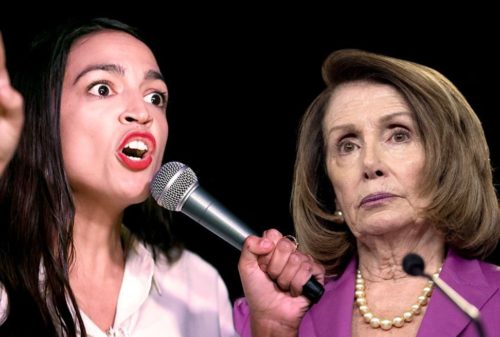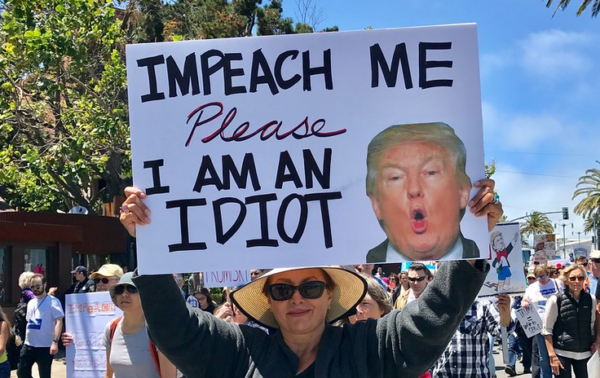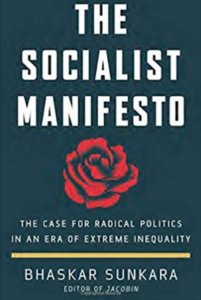Rife with disorganization and insecurity, the Democratic Party wants you to vote blue no matter who. I guess. I mean, they do sell the phrase on a t-shirt.
And it loves its metaphors. When you criticize fellow liberals, so they say, you’re just engaged in a circular firing squad. They really love that metaphor. You know, circular firing squad. They write about it over and over and over and over.
Not that they started recently. They were writing about it in 2016. Hell, even in 2006.
Probably in 1896, for all I know.
But there are real distinctions and divisions among liberals and leftists. And between liberals and leftists, as I wrote about previously in a quiz. The call to line up behind a candidate and a message is always louder when it comes from those who dominate the debate and the issues. That’s, of course, the fly in the ointment. Among others, which I’ll say more about below the flow chart.
Continue reading


